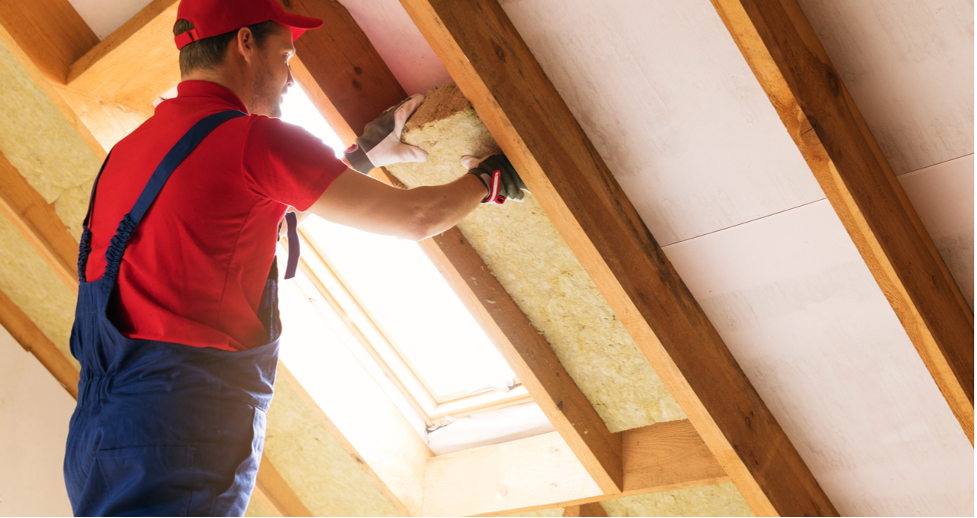Final Words
Insulating your house makes for one of the best ways to deal with the cold weather. Protecting your home can improve your winter experience by a huge mile, so we’d say that insulation is worth it.
Here go all the important things that a person needs to keep in mind when insulating their homes.
However, if you think that we may have missed a spot, be sure to mention it in the comments section!
Author bio
About Ashley Rosa: Ashley Rosa is a freelance writer and blogger. As writing is her passion that why she loves to write articles related to the latest trends in technology and sometimes on health-tech as well. She is crazy about chocolates. You can find her at twitter: @ashrosa2.
Are You a Professional?
Requests for your services are coming in left and right. Let’s connect and grow your business, together.


